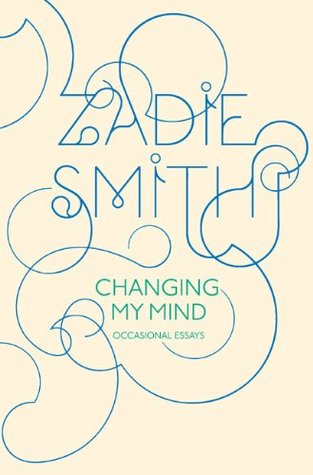To Wallace, a gift truly was an accident; a chance, a fortuitous circumstance. Born intelligent, born with perfect pitch, with mathematical ability, with a talent for tennis--in what sense are we ever the proprietors of these blessings? What rights accrue to us because of them? How could we ever claim to truly own them?
It's very interesting to me that this attitude toward gifts should have within it a current that is strongly anti-American, being both contra "rights" and contra "ownership." I've always had the sense, philosophically speaking, that Wallace's ethical ideas were profoundly un-American: he had more in common with the philosophical current that runs from Kant's "realm of ends" through Simone Weil's "sacred humans" and on to John Rawls's "veil of ignorance" than the Hobbes/Smith/Locke waters from which the idea of America was drawn. Wallace's work rejects "goal-directed" philosophies of human happiness, both because they isolate the self (the pursuit of happiness is a pursuit we undertake alone) and because this Western obsession with happiness as a goal makes people childishly "pain-averse," allergic to the one quality that is, in Wallace's view, the true constant of human life [...] His stories repel the idea that a just society can come from the contract made between self-interested or egoistic individuals, or that it is one's personhood that guarantees one a bigger slice of the pie. (The fat poet's talents or personal merits can't make him more worthy than anyone else.)
(typo in the original: it reads "Simone Weils" without the apostrophe)

